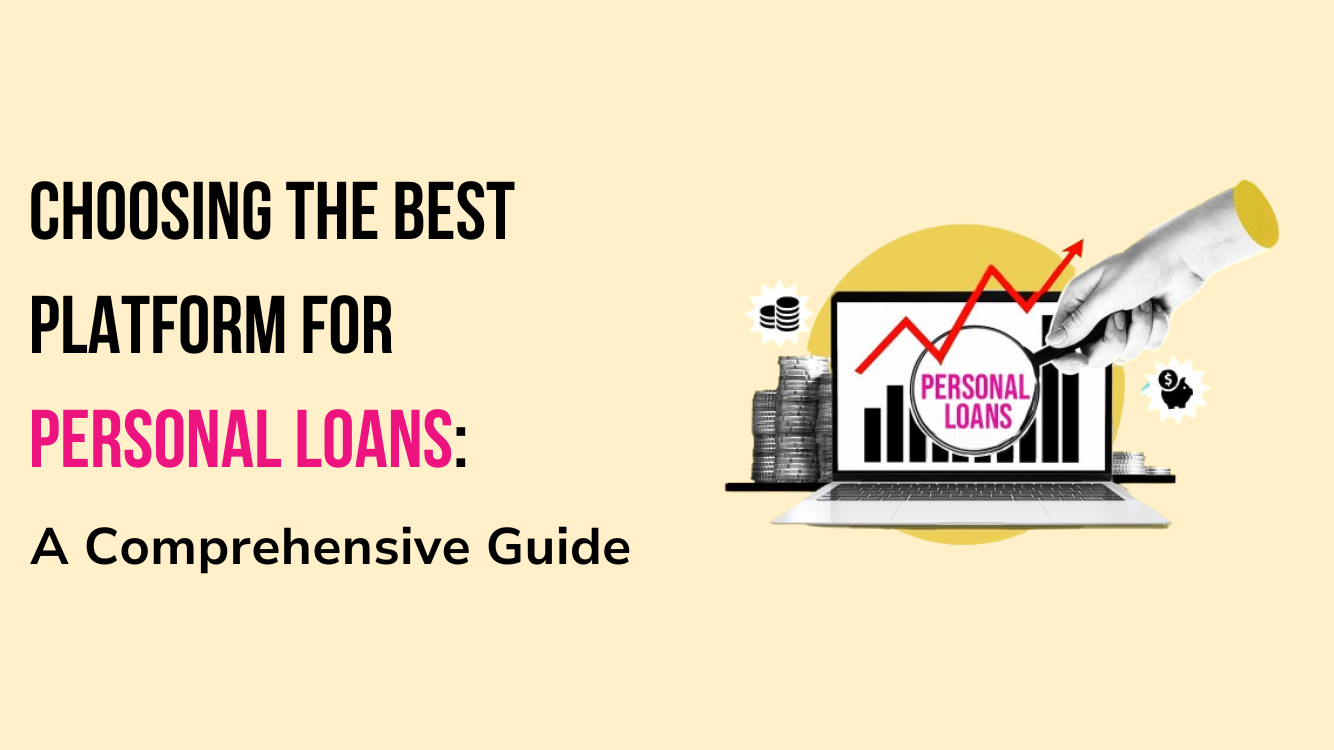Amongst the subject that people like to talk about DEBT ranks right between upgrading a sewing kit and other people’s missions in life. Our brain just doesn’t wish to talk about it or hear it and that reaction is the reason why it’s hard to pay it off.
However, there’s hope, through a couple of research we have figured out a way, which could help us rewire our brains to take this monster debt trap head-on.
This 3 min read about “how to come out of debt” will not only make you better with money but also in the future, you don’t have to be afraid of the term ‘debt’.
First, Mind the gap: Commit to Coming Out of the Debt Trap
The gap is the difference between what you make and what you spend, in a month. Without this gap, there is no money available for wealth creation.
But there are two ways to widen this gap are:
- More Income
- Less spending
Hopefully, a mixture of both is the answer to how to come out of debt.
Once you have the plan to work with, it is time for us to think of a strategy. If you ask a mathematician to help you structure your debt, he would probably recommend a Snow slide approach
Snowslide approach
List your debt by interest rates with the highest at the top and lowest at the bottom. Eliminate the highest interest rate first by paying the minimum on everything else except for the one on top. Once that one’s paid off, use the increased cash flow and move down the hill like a snow slide!
By the time you get down, you saved a little, because you paid as little interest as possible! It’s mathematically sound and logical, but it doesn’t work very well. As this approach omits our brains and emotions.
Humans aren’t robots, we get discouraged and overwhelmed. We are emotional beings that struggle to stay on track. It’s the same reason why debt consolidation plans are a bad idea. It may seem like we are simplifying our life by combining all of our loans into one big bag. However, what it really does is creates a debt monster, that we are just not ready to focus on and our brain gives up.
So, We introduce you to a method that works with your psychology, instead of against it,
The Snowball Method
Instead of the snow-slide method, list all your debts by balance. Pay minimums on all the debt but target the smaller ones first. Once, that’s swiped out, roll the extra inflows down the hill. Eliminate the small & easy ones first.
The snowball balance ensures you easily win early on, which also keeps you motivated. Just like what video games do to our brain, doling out positive reinforcements and giving us a good dose of dopamine (is a chemical released in the brain that makes you feel good) every time we check that debt off our list!
The brain will want to keep chasing that dopamine fix even when the amount gets bigger and the situation gets challenging.
Well now just look at the minor technicalities, while someone with a snowball approach might pay a little more interest overall than the one using the snow slide method. However, a study by Northwestern University found that snowballers’ were more likely to successfully eliminate the debt even if they owed more money than the snow-sliders.
No matter what method you use, the hardest part of getting out of debt is often just starting. And it gets lonely because people just don’t like to talk about it. However, with determination and planning, you can change something you don’t like to talk about into a thing you don’t have to think about anymore.
In order to have financial sanity, whenever you receive your salary you should first budget for yourself, set your priorities, and then move towards utilizing your income. This way you make sure you have enough money for all your priorities.
Manage Your Expenses Better
You can follow the Golden rule for Budgeting- 50:30:20. This is a simple budgeting technique that helps you keep your responsibilities in check, work toward your financial goals, and reward yourself a little. It breaks down like this: 50% of your income goes towards utilities, 30% towards luxuries, and 20% towards savings and investing. You can always customize the percentages as per your needs and then chart out your goals in order to get out of the debt trap.
You can check out the LXME app for learning, saving, and investing!!
If you found this helpful, share this blog with your friends and family!!
FAQs: Debt Trap
How do you handle debt traps?
To handle debt traps, create a budget, prioritize high-interest debts, negotiate with creditors, and seek financial counselling.
How to come out of debt trap?
To escape the debt trap, increase income, cut expenses, follow a debt repayment plan, and explore debt consolidation or settlement options.
New Investor? Request a Callback.
Fill in your details and we will guide you at every step
other blogs

Loan July 20, 2024
Choosing the Best Platform for Personal Loans: A Comprehensive Guide to LXME
We have a number of needs in our everyday lives for which we may require financial help. For women, this can mean anything like setting up a business, renovating a house, etc. So, learning about loans is also as important in order to make an informed decision. So, let’s learn about loans, best loan app … Choosing the Best Platform for Personal Loans: A Comprehensive Guide to LXME

Loan July 4, 2024
Boost Your Chances of Instant Loan Approval online?
In the fast-paced digital era, securing financial assistance has never been more convenient, thanks to instant loan approval online. Discover the seamless process of obtaining swift financial solutions right from the comfort of your home. Our comprehensive guide sheds light on the key aspects and tips for loan approval online, ensuring you navigate the process … Boost Your Chances of Instant Loan Approval online?

Loan
Effective Strategies: How to Manage Loans Wisely
Are you wondering how to manage debt effectively and take control of your financial journey? You’re in the right place! In this comprehensive guide, we’ll walk you through 7 essential tips on debt management skills with confidence and achieve your financial goals. Whether you’re dealing with student loans, mortgages, or personal loans, these practical strategies will help … Effective Strategies: How to Manage Loans Wisely









